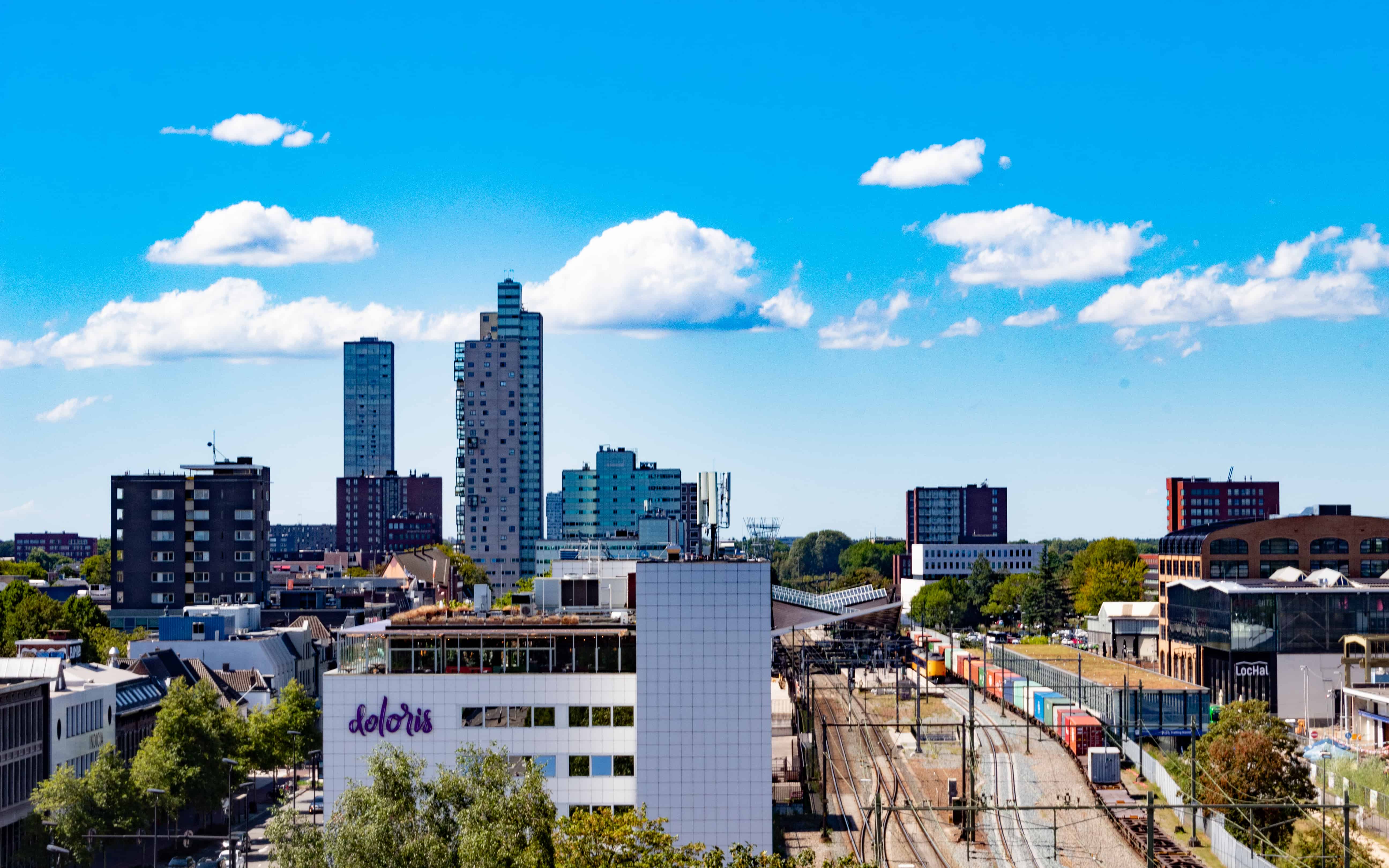
Expanding work opportunities for asylum seekers in the Netherlands offers substantial economic benefits and is a practical solution to several social and financial challenges. This is evident from the report “Wider Work Opportunities for Asylum Seekers” published by SEO Economic Research. SEO researched on behalf of several organizations, including Refugee Connect, Ben & Jerry’s, IKEA Group, Microsoft, MPeople, Refugee Talent Hub, Untapped Talents, and VluchtelingenWerk Nederland.
Wider work opportunities benefit not only asylum seekers through employment and improved integration opportunities but also Dutch society as a whole through increased economic contributions and relief of pressure on social services. The report highlights the importance of policy changes to take advantage of this opportunity and calls for further action to facilitate the integration and participation of asylum seekers in the labor market.
The study is based on a social cost-benefit analysis (SCBA) to assess the impact of such widening in the short and long term.
2 billion additional prosperity for the Netherlands
Asylum seekers coming to the Netherlands currently have limited access to the labor market. An asylum seeker is not allowed to work until his or her asylum application has been pending for at least 6 months. Until recently, he or she was allowed to work a maximum of 24 weeks over a 52-week period from that point on (the so-called “24-week requirement”). Moreover, asylum seekers can only work with a work permit (TWV) that must be applied for by the employer at UWV. Only when an asylum seeker receives a ‘fixed-term asylum’ residence permit from the Immigration and Naturalization Service (IND) and becomes a ‘status holder’ can he, like Dutch citizens, be freely employed or self-employed. “The limited access of asylum seekers to the Dutch labor market has significant social disadvantages in terms of missing out on labor potential, higher costs for social services, and less easy integration of asylum seekers,” the researchers said. There was, therefore, a need for more insight into the advantages and disadvantages of broadening work opportunities for asylum seekers.
The report said, “If the cohort of asylum seekers who in 2023 applied for asylum in the Netherlands for the first time, including their subsequent travelers, were to be given the same work opportunities as the current group of Ukrainian refugees, i.e., the ability to work from the first day in the Netherlands without a work permit and without a 24-week requirement, this would provide Dutch society with a total of nearly €2 billion in additional welfare over a ten-year period.”
SEO also sees hardly any disadvantages. Possible effects of expanded work opportunities for asylum seekers on the displacement of other workers and a pull factor for asylum seekers have been assumed to be zero based on previous research. Outgoing Minister Karien van Gennip (Social Affairs and Employment) commented that she was firmly in favor of asylum seekers being allowed to work more. However, she leaves decisions on removing barriers to a new cabinet.
The benefits at a glance
- Increase in national income: Expanding work opportunities for asylum seekers can significantly increase national income. This is because asylum seekers contribute to the economy by working directly through their labor and indirectly through taxes and consumption. The report estimates that such widening could generate nearly €2 billion in additional welfare for Dutch society over ten years.
- Reducing pressure on social services: Allowing asylum seekers to work earlier and more reduces the cost of social services. Working asylum seekers are less dependent on welfare and contribute more to the cost of their reception, reducing the financial burden on the government and promoting a more independent life for them.
- Solution to labor market tightness: Given the current labor market tightness in the Netherlands, increasing the labor supply by asylum seekers is a potential solution. The report highlights a clear demand for additional labor without causing displacement in the labor market.
- Accelerated and enhanced integration: Employment promotes the integration of asylum seekers into Dutch society. It allows them to learn the language faster, network, and build social ties, which in the long run contributes to a more harmonious society.
- Health and well-being: The report indicates that working asylum seekers are generally healthier and happier. This leads to lower healthcare costs and increases overall welfare.








